News - Advertising
The Lebanese Transparency Association launches the 'Lollar - Currency of Corruption' campaign to remind Lebanese they are #NotPayingthePrice
by ArabAd's staff
May 9, 2022
.jpg) Advertisement
AdvertisementThe Lebanese Transparency Association (LTA) – No Corruption (National Chapter of Transparency International) launched the “Lollar - Currency of Corruption” campaign during a media briefing event that took place at D Beirut in Karantina.
The term “Lollar” began circulating in 2019, after banks in Lebanon seized and held people’s money in retention. It is the money currently withheld in banks that Lebanese citizens have been rightfully demanding as they await a financial recovery plan. Ever since this so-called ‘currency’ came to fruition in 2019 following the banks’ seizing of Lebanese people’s deposits, the currency has devaluated by over 90 percent against the US dollar, the GDP has declined by almost 60 percent, and nearly 80 percent of the population in Lebanon has slipped below the poverty line (Source: ForeignAffairs.com).
For years, Lebanon’s central bank used depositors’ money to finance the corrupt and wasteful spending of successive Lebanese governments that, until now, have still not come up with a clear financial plan to return deposits back to their rightful owners and save Lebanon from collapse.
Now, and after three years of suffering, no real solutions appear to be in sight. As a matter of fact, neither the uprising nor the nation-wide strike managed to improve the situation.
“This crisis is a direct result of the abusing depositor’s trust in safekeeping their money stored in US dollars in Lebanese banks and seizing them beyond recovery, leading to coining the term ‘Lollar’ by financial expert Dan Azzi,” said LTA’s chairperson Dr. Mosbah Majzoub. “Based on the Lebanese Transparency Association’s anti-corruption and promotion of transparency principles, including accountability and advocating for fair governance and respecting the laws stipulated in the Lebanese constitution, we partnered with British renowned artist Tom Young to launch the campaign Lollar – Currency of Corruption”.
Therefore, the launch of the campaign The Currency of Corruption aims to symbolize the magnitude of the historical and ongoing corruption in Lebanon with no accountability, under the hashtag #NotPayingthePrice.
The aim of The Currency of Corruption is to gather and rally people around their rights for transparency and accountability.
The term #عملة_العمايل (Emlit El Amayel) #TheCurrencyofCorruption has a double meaning: the first being a description of Lollar that symbolizes the illegal wrongdoings of the government and banking sector, and the second being an informal description of a dangerous and treacherous act.
To embody this campaign, the renowned-artist Tom Young painted seven scenes to encapsulate the magnitude of corruption ongoing in the country: the infamous train station, the non-existent firefighting district, the Beirut port explosion crime, the garbage crisis, Électricité du Liban, fuel cartels and of course, the one and only Central Bank, epitome of the Lollar and the current financial situation.
“It is our direct attempt against the biggest Ponzi scheme in the history of Lebanon by printing six paper bills, each one encapsulating a symbol of corruption through a different sector, including transportation, environment, electricity, port and fire management,” added Dr. Majzoub. “We want to send a message that Lebanese citizens completely reject today’s currency of corruption and that we are #NotPayingthePrice”.
Dr. Majzoub then presented the creative assets that will be accompanying the launch of The Currency of Corruption, all funneling into Pay with Lollar Day on May 13, when Lebanese citizens all across the country will be able to withdraw these Lollar bills through a custom-made ATM (found in multiple locations for a wider reach) to raise awareness about the catastrophic situation we are now living in. Dr. Majzoub also thanked renowned artist Tom Young, whose six paintings were put on display at the event and used on the printed Lollar bills.
To wrap-up the event, Dr. Mazjoub urged present media channels and Lebanese people to follow and join the campaign and advocate for a monetary disobedience day so that we can all collectively start a new chapter in Lebanon and regain trust in the financial sector.
The success of the campaign, which was developed by Leo Burnett Beirut, is directly linked to changing the behavior and the status quo of the Lebanese population and creating a wake-up call for the general Lebanese public, emphasizing that they are #NotPayingthePrice.
Additional Information on the Six Bills Encapsulating Scenes of Corruption:
- The Train Station - 1 Lollar: A train station was founded in 1911 in Tripoli’s Mina and was later managed by the French mandate. It returned to the Lebanese government following Independence. It was officially deemed inoperational in 1989, but the Lebanese government to this day still allocates a budget of millions to cover its expenses.
- Fuel Cartels - 5 Lollars: After wreaking havoc to the Lebanese economy through and through, the government lifted subsidies on fuel and the central bank stopped allowing credits, forcing importing companies to ration fuel distribution, which led to gas stations increasing prices exponentially.
- Garbage Crisis - 10 Lollar: In 1994, the Lebanese government decided to hold deals with private companies to handle issues regarding garbage landfills, backfilling the ocean several times to create a landfill. However, these solutions were temporary like the dumps of Nour Mandy, Costa Brava, Bourj Hammoud, and Nehme, and they drained the government’s budget. Today, the dumps failed, the dollar has depleted, and the companies have quit, leaving no solution to the ongoing crisis.
- Civil Services - 20 Lollar: Our green Lebanon was always a source of inspiration due to its breathtaking scenery and its exceptional natural landscape, but this image has sadly changed as a consequence of the disastrous fires (more than 100 fires in Lebanon’s forests annually), to an extent that #Lebanon_is_Burning was trending on social media due to the negligence and unpreparedness even though 14 million dollars were spent in the year of 2009 on firefighting equipment in case of emergencies. Neighboring countries such as Jordan, Cyprus, and Greece, stepped in to help the Lebanese army put out the fires.
- Energy Management - 50 Lollar: This sector was created in the year of 1909 under Ottoman ruling, and several energy factories were built such as the Zouk, Jiyye, Sour, Baalbek, and other factories which have died out sadly due to the scarcity of dollars. Inverters were put in 2017 in the Jiyye and Zouk factories which were closed for several reasons, most importantly due to corruption. Lebanon – formerly the Middle East’s Switzerland – has turned into a ghost town, with its citizens becoming hostages of generator cartels, tampering with the quality of fuel and suspicious import quality. Despite that, public debt in the state treasury originates from this sector (43 million dollars almost), the energy management crisis is ongoing and the country’s lights are still out.
- Port Management - 100 Lollar: In 2013, a timed bomb arrived to Lebanon on a Russian ship carrying ammonium nitrate and was stored in Beirut’s port. It exploded in August 2020, devastated Lebanon and shook the entire world. 218 killed. 7,000 injured, and over 300,000 left homeless, apart from massive damages to the port and the city’s suburbs (approximately 8 billion and 100 million dollars and the entire administrative corruption in the port was revealed (negligence, deals, bribes, etc.)


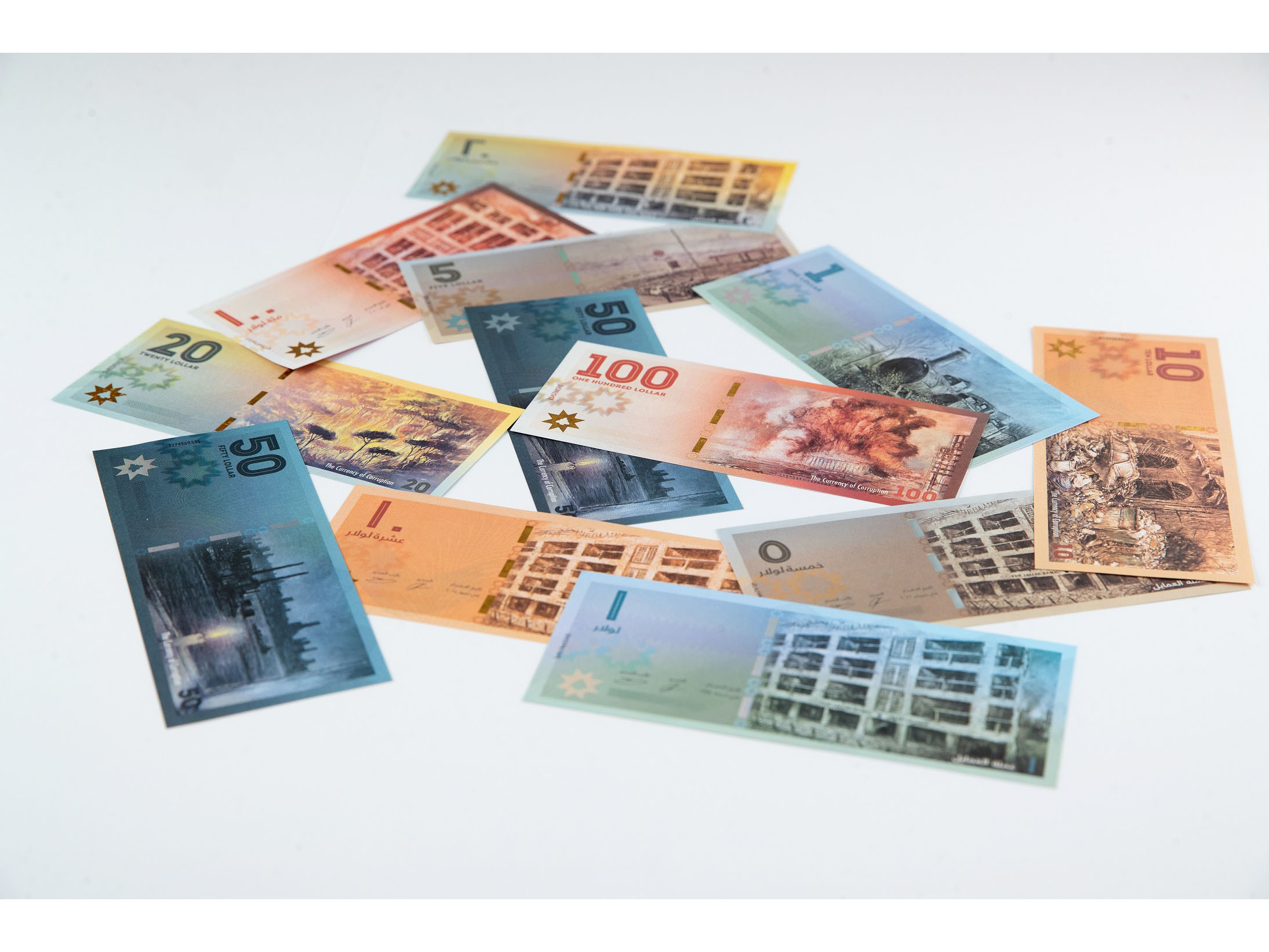
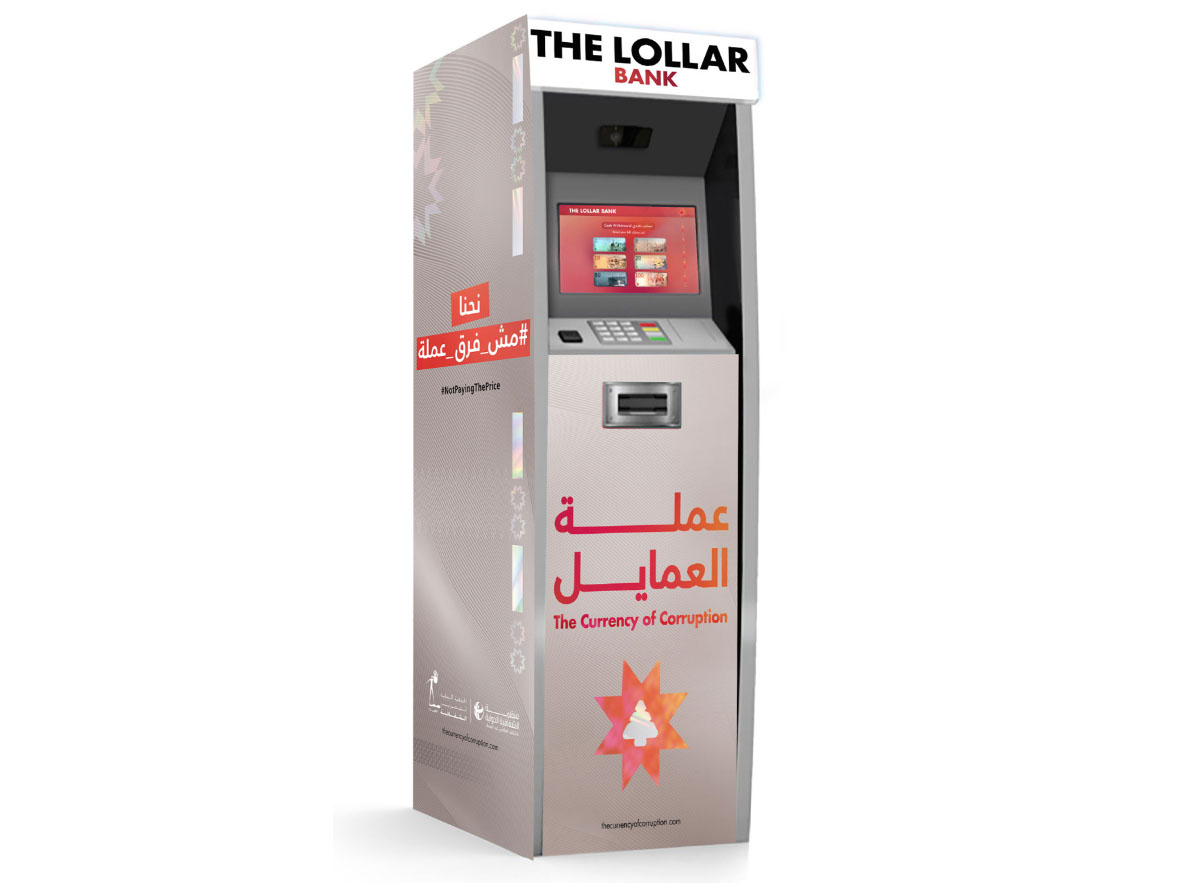
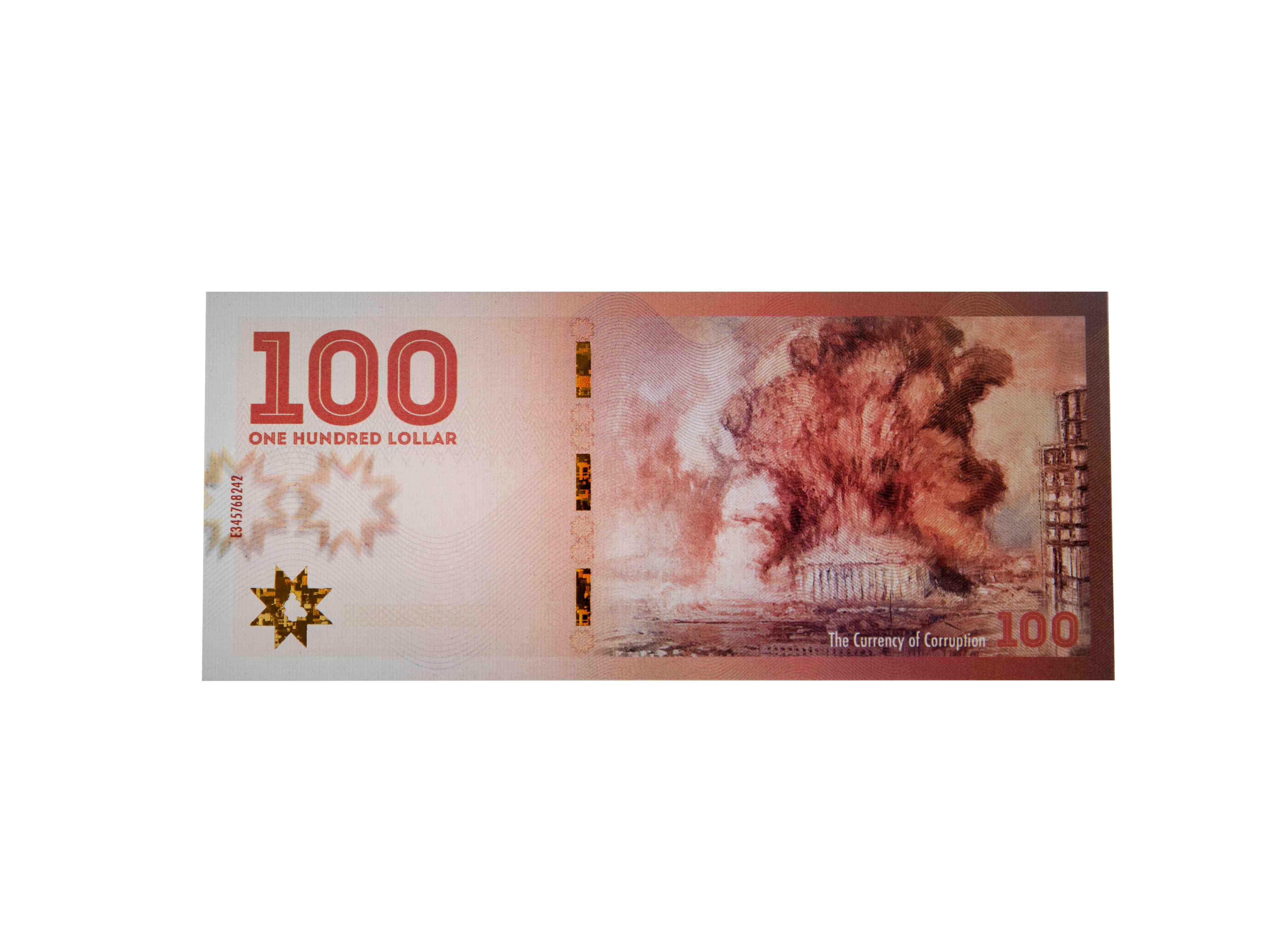
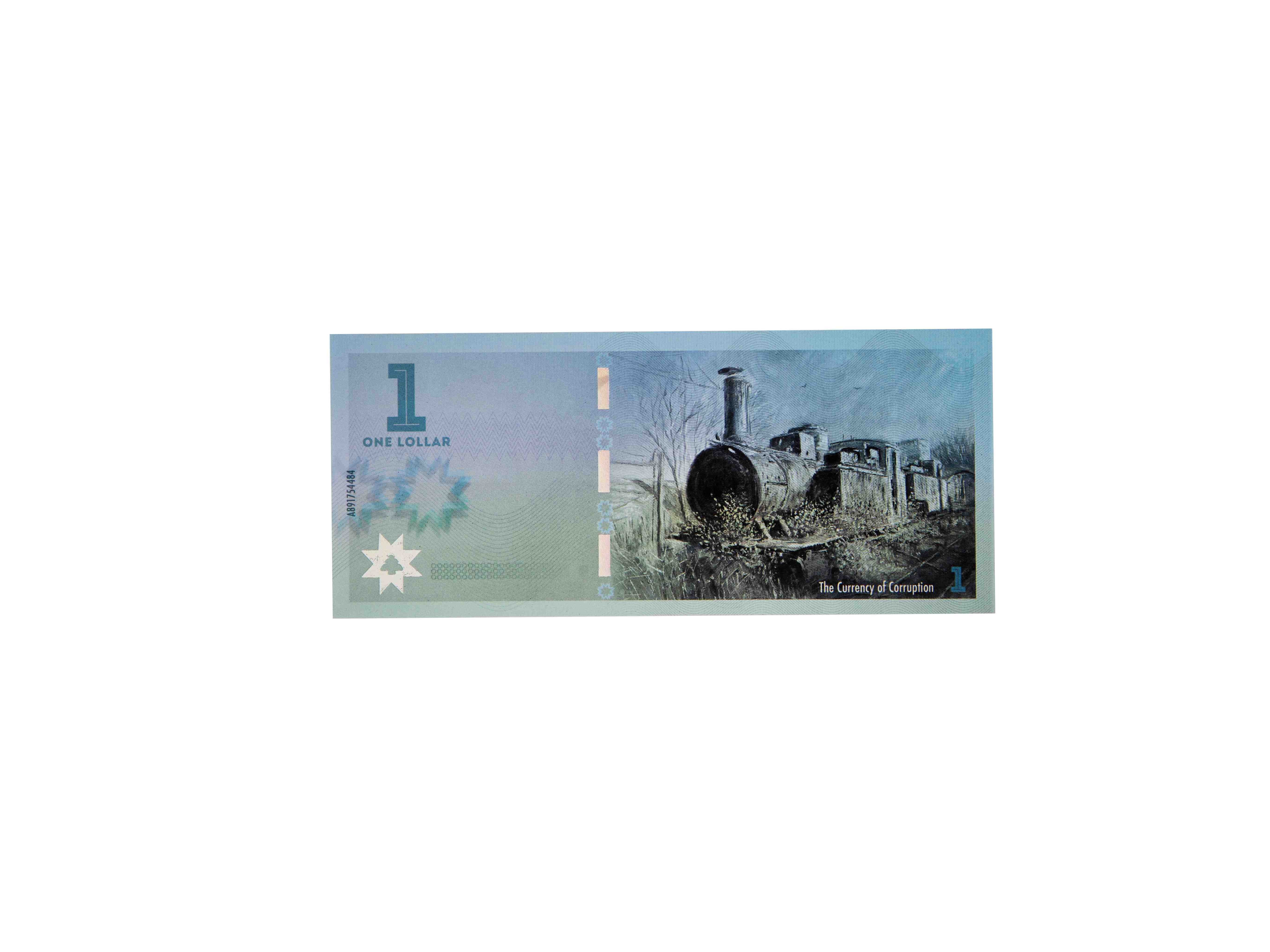
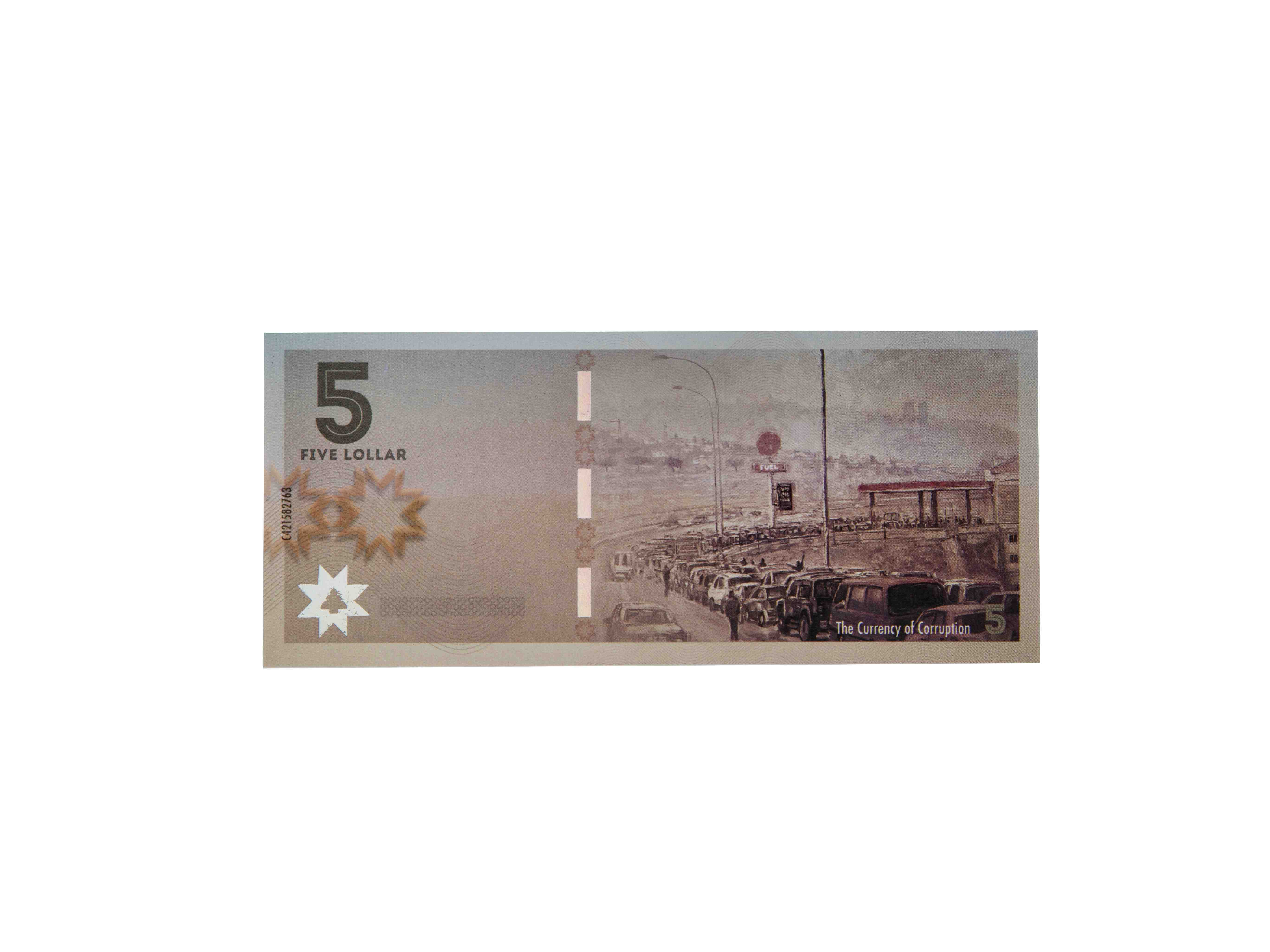
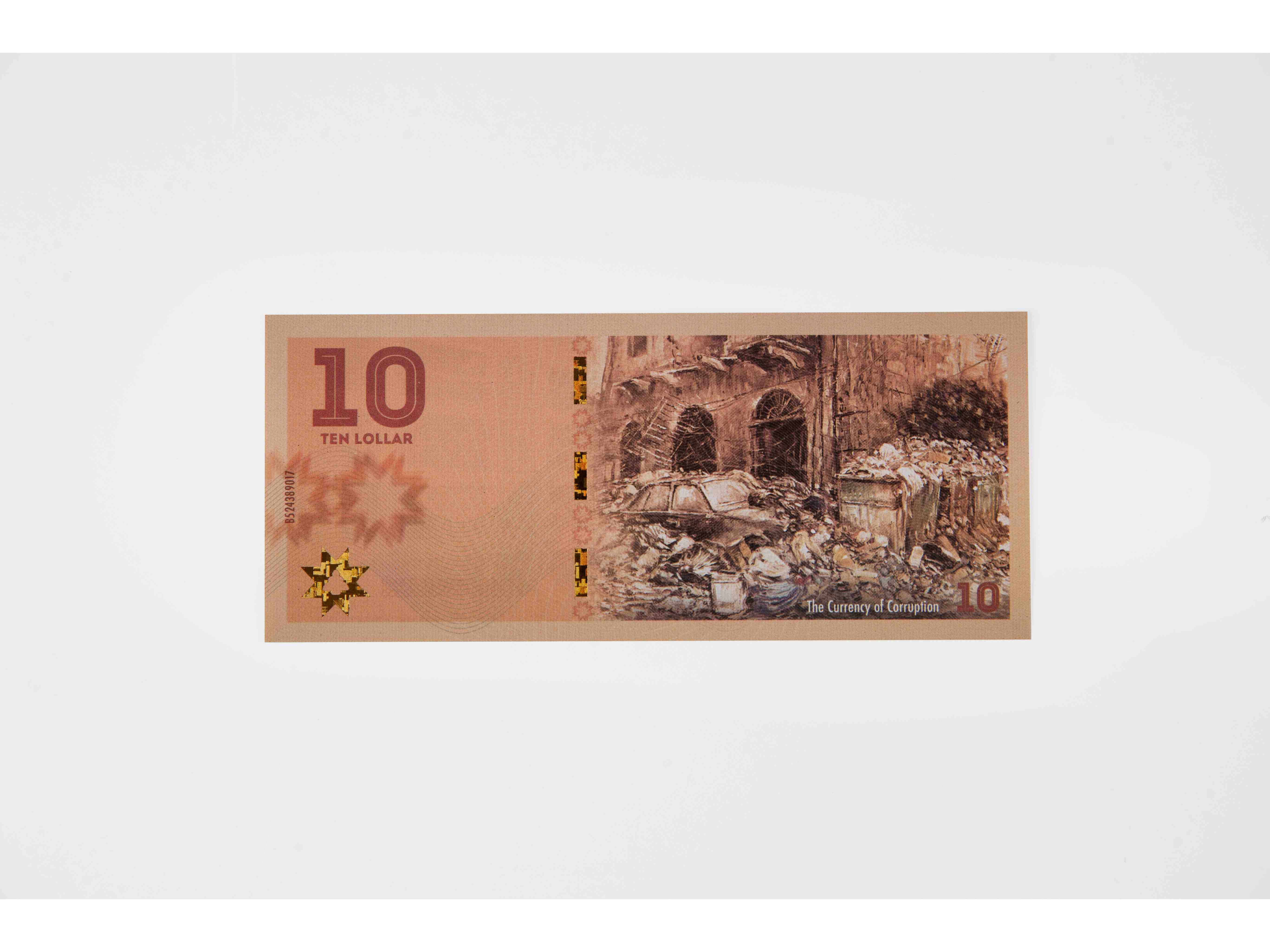
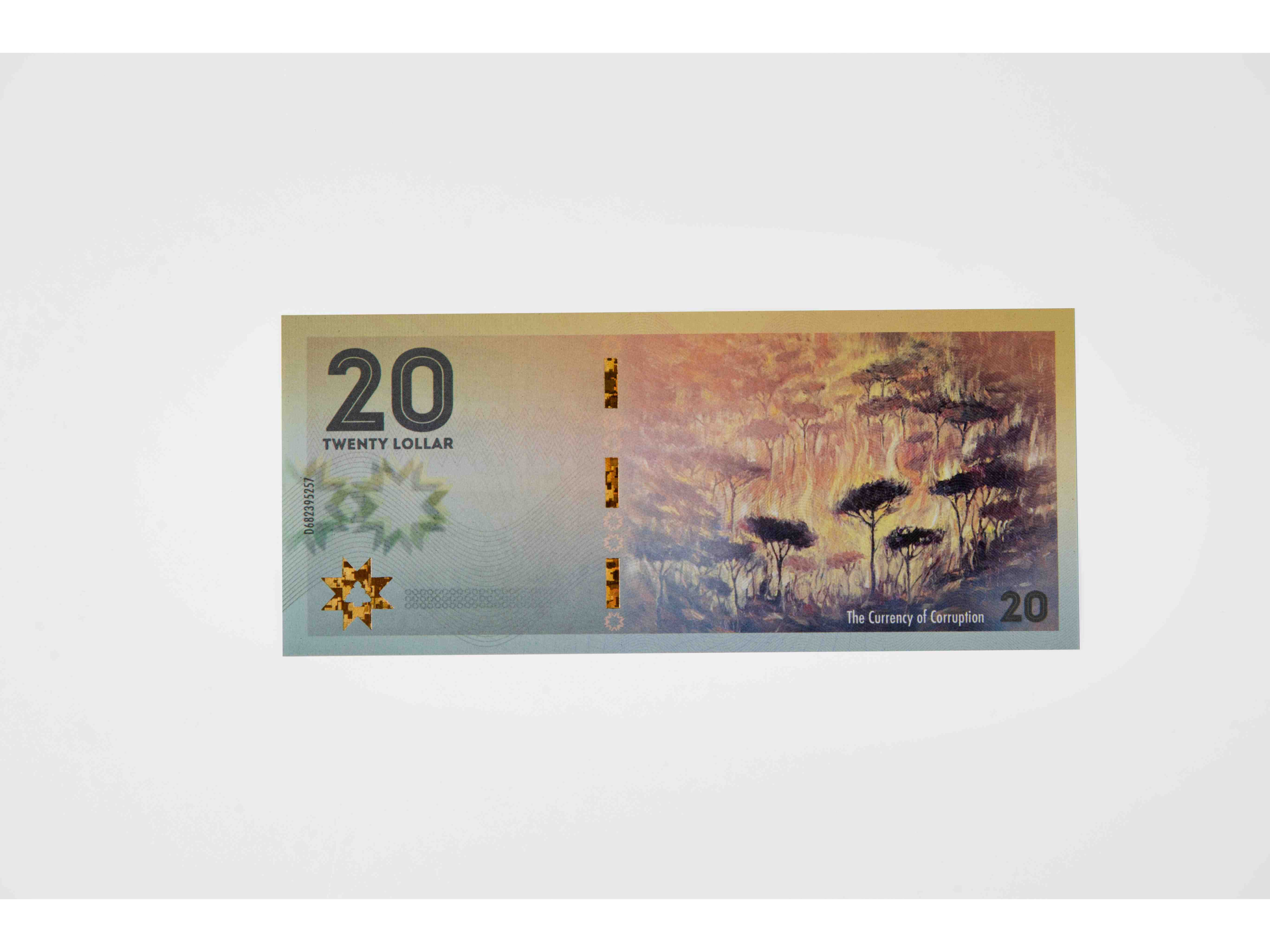
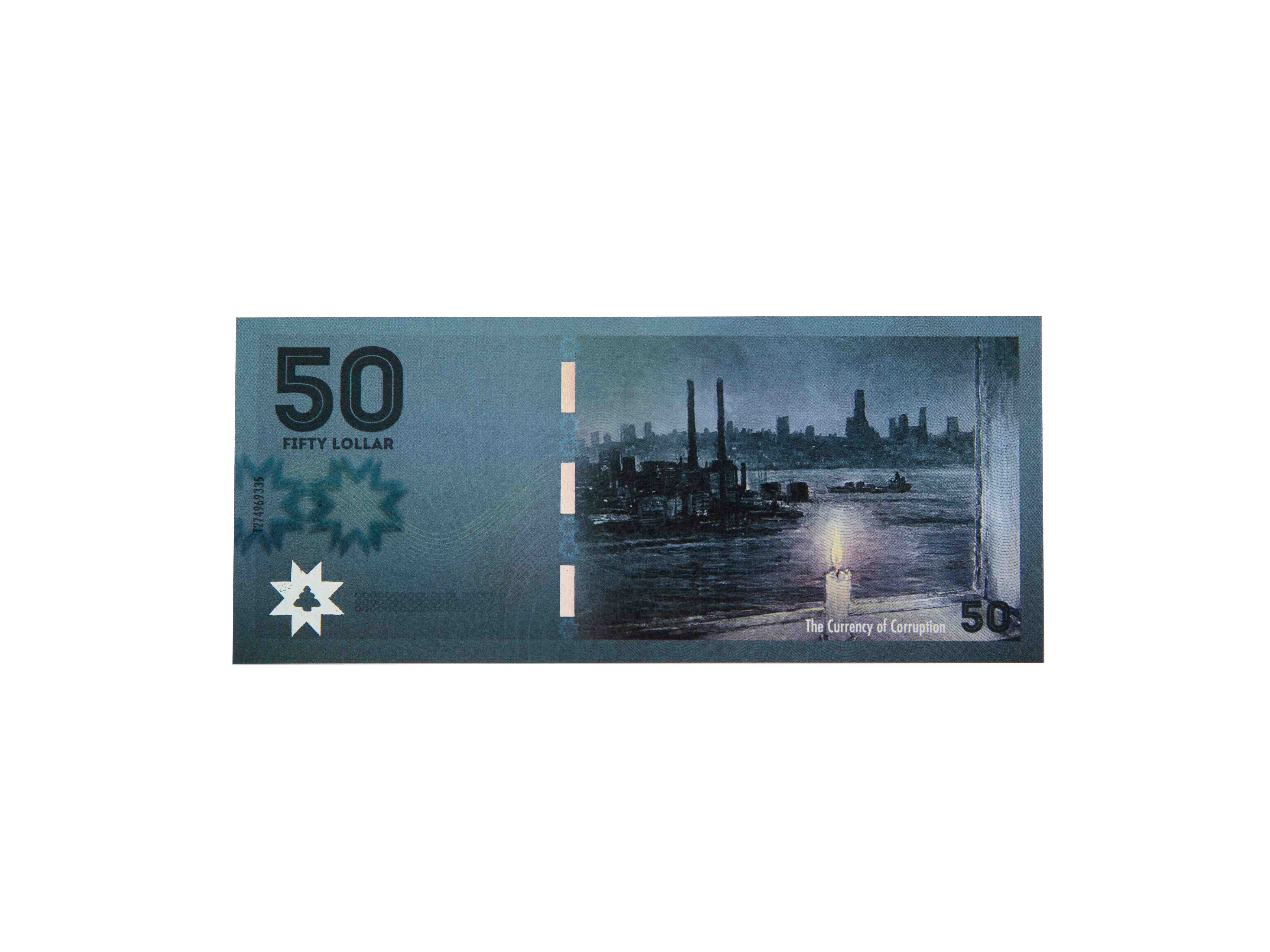
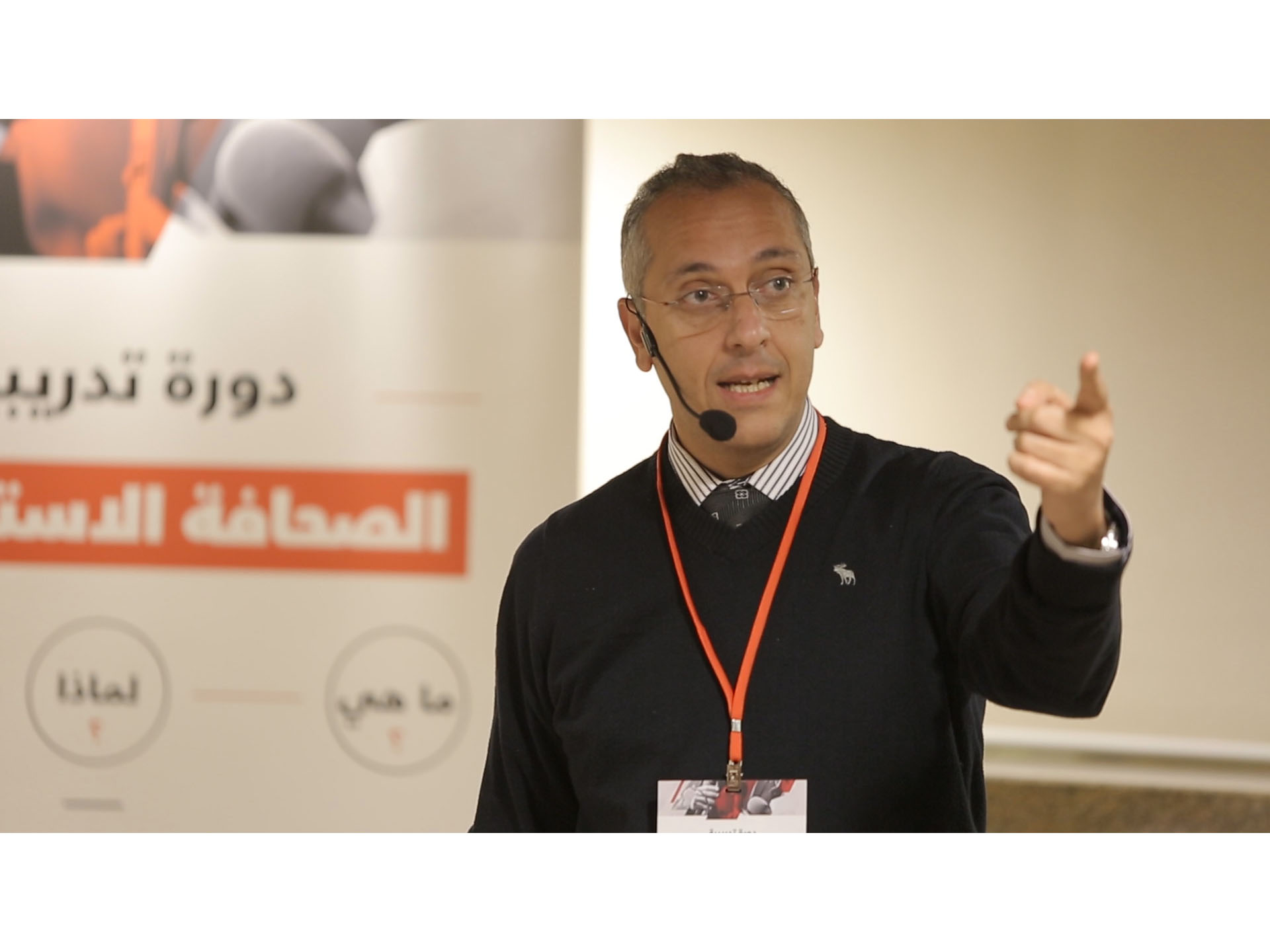
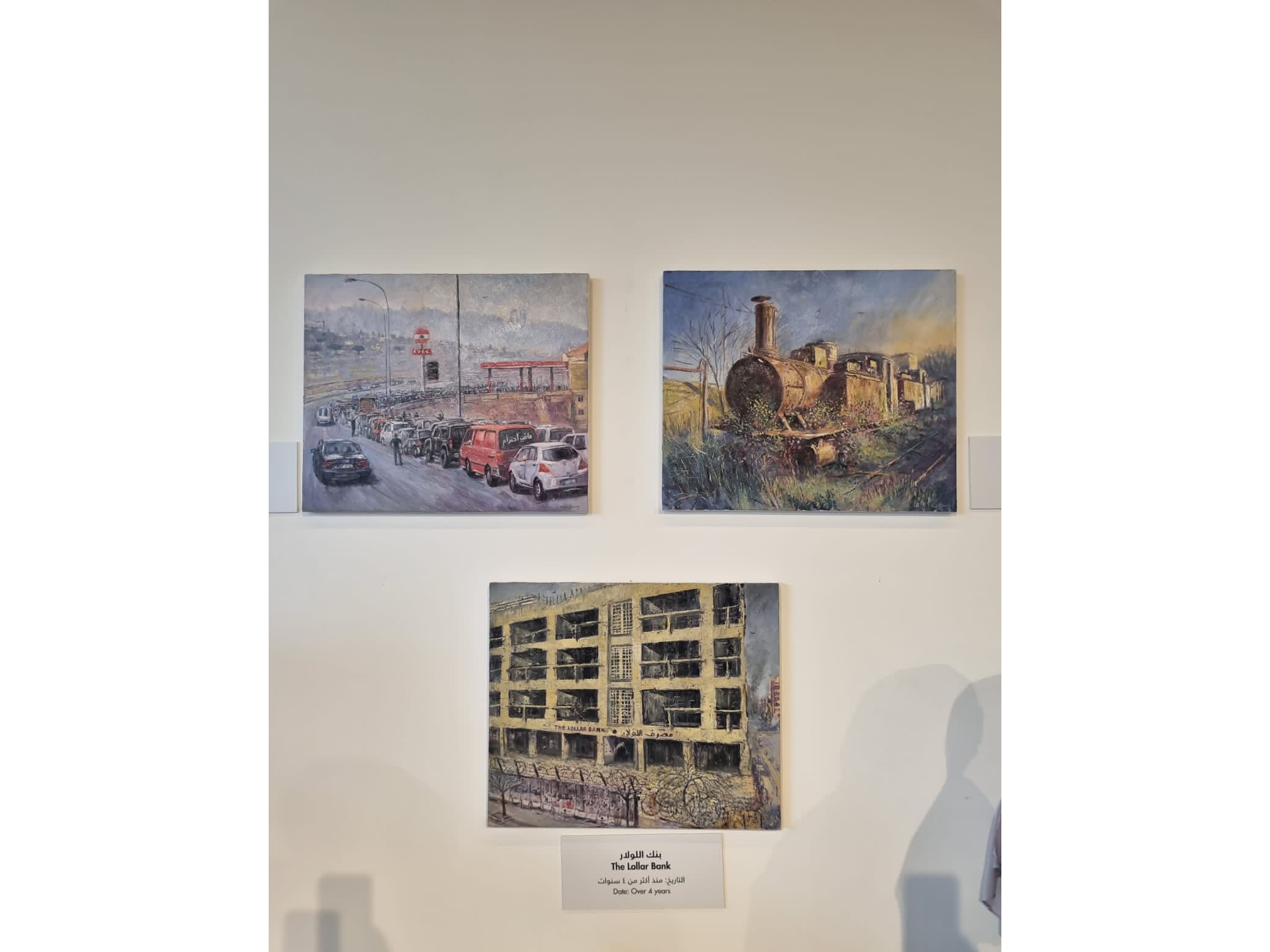
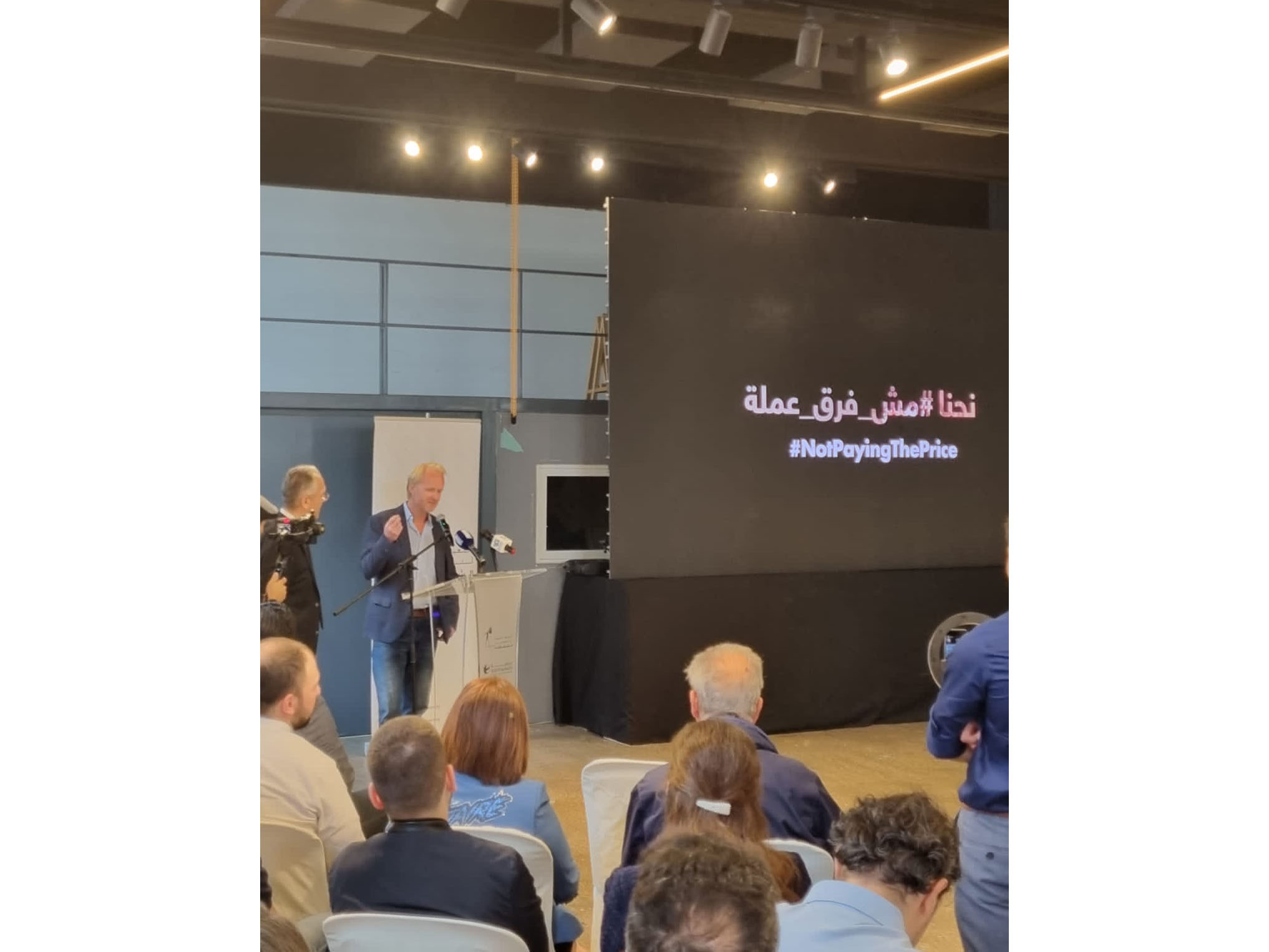
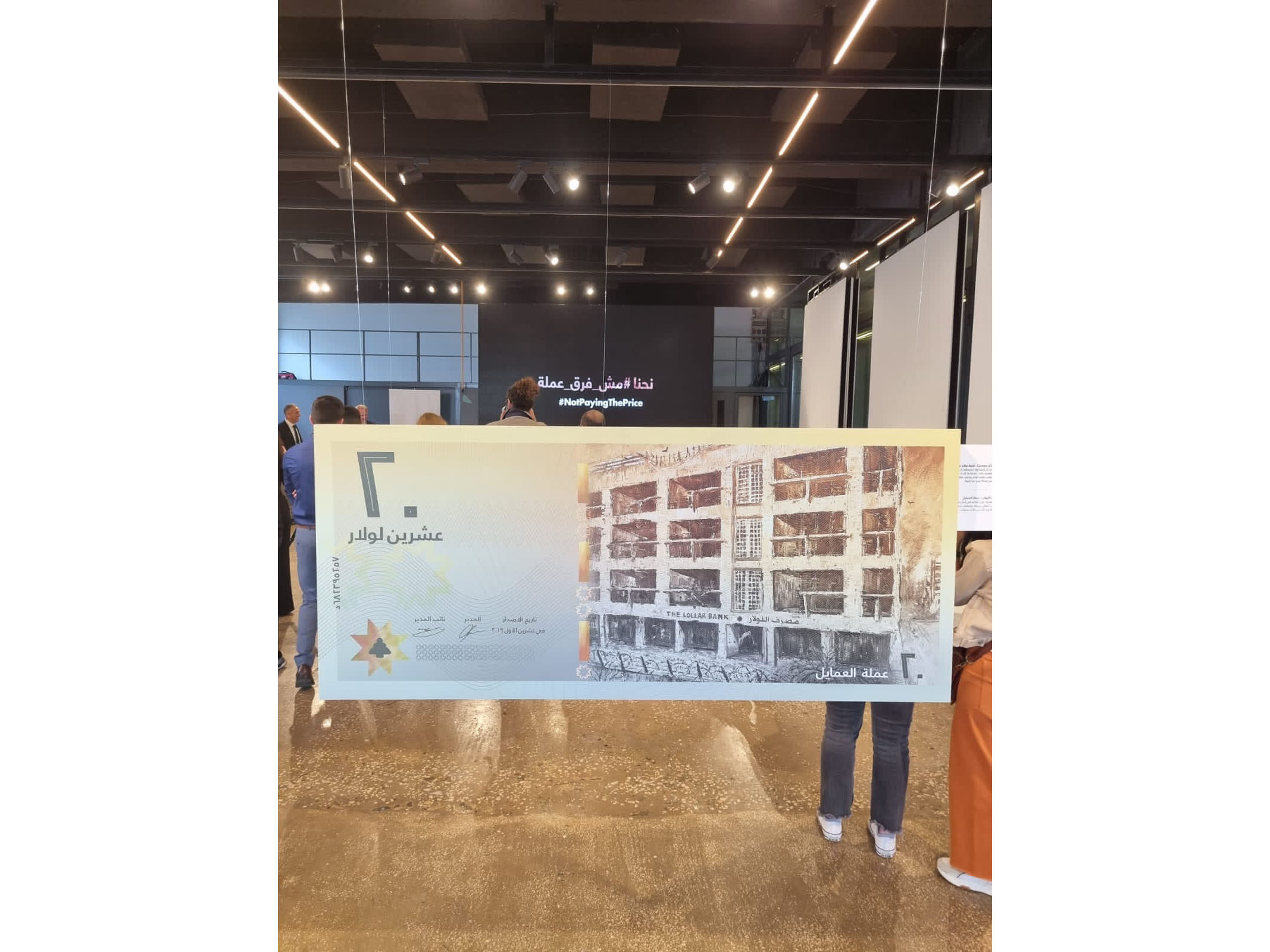
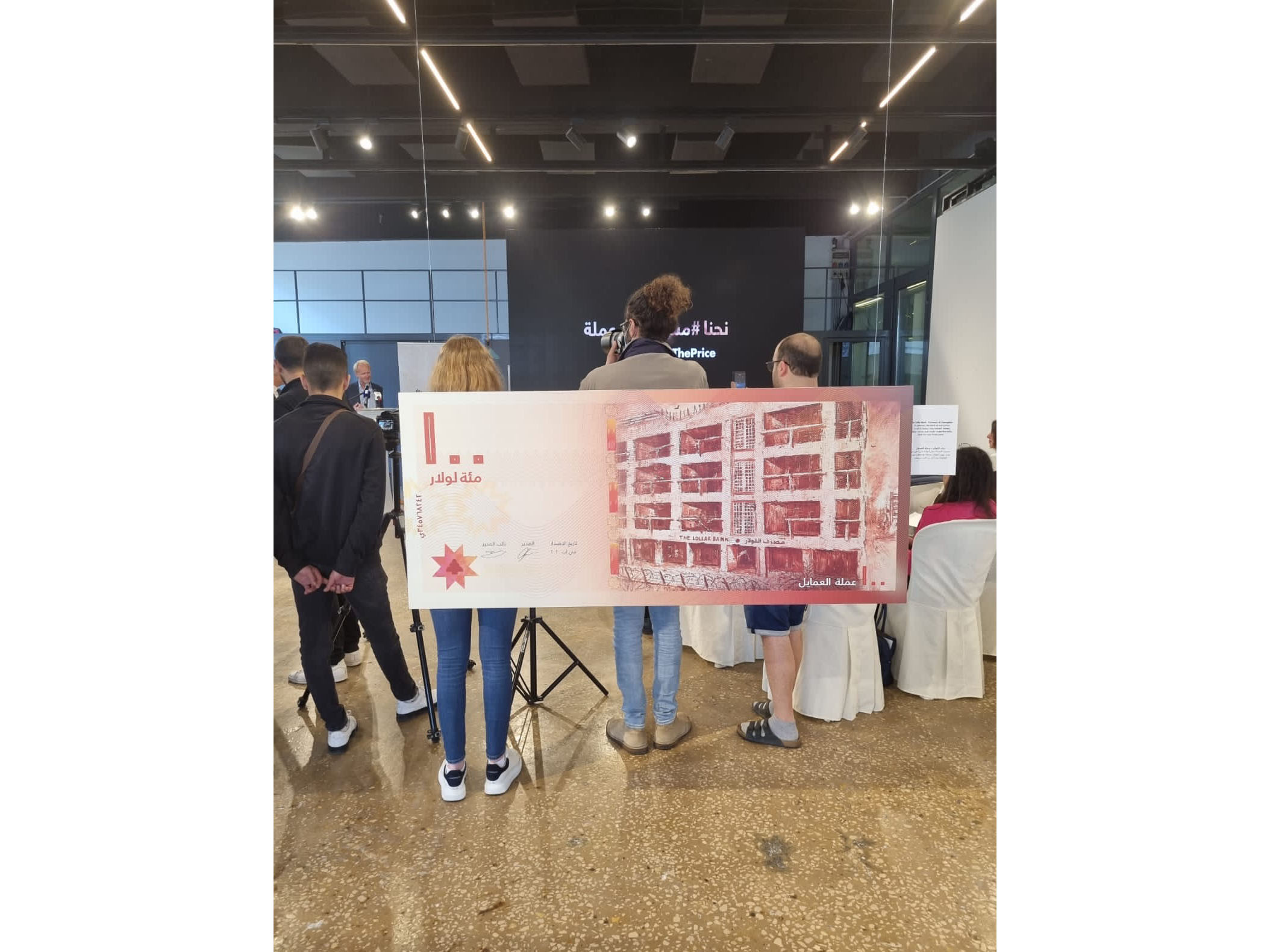
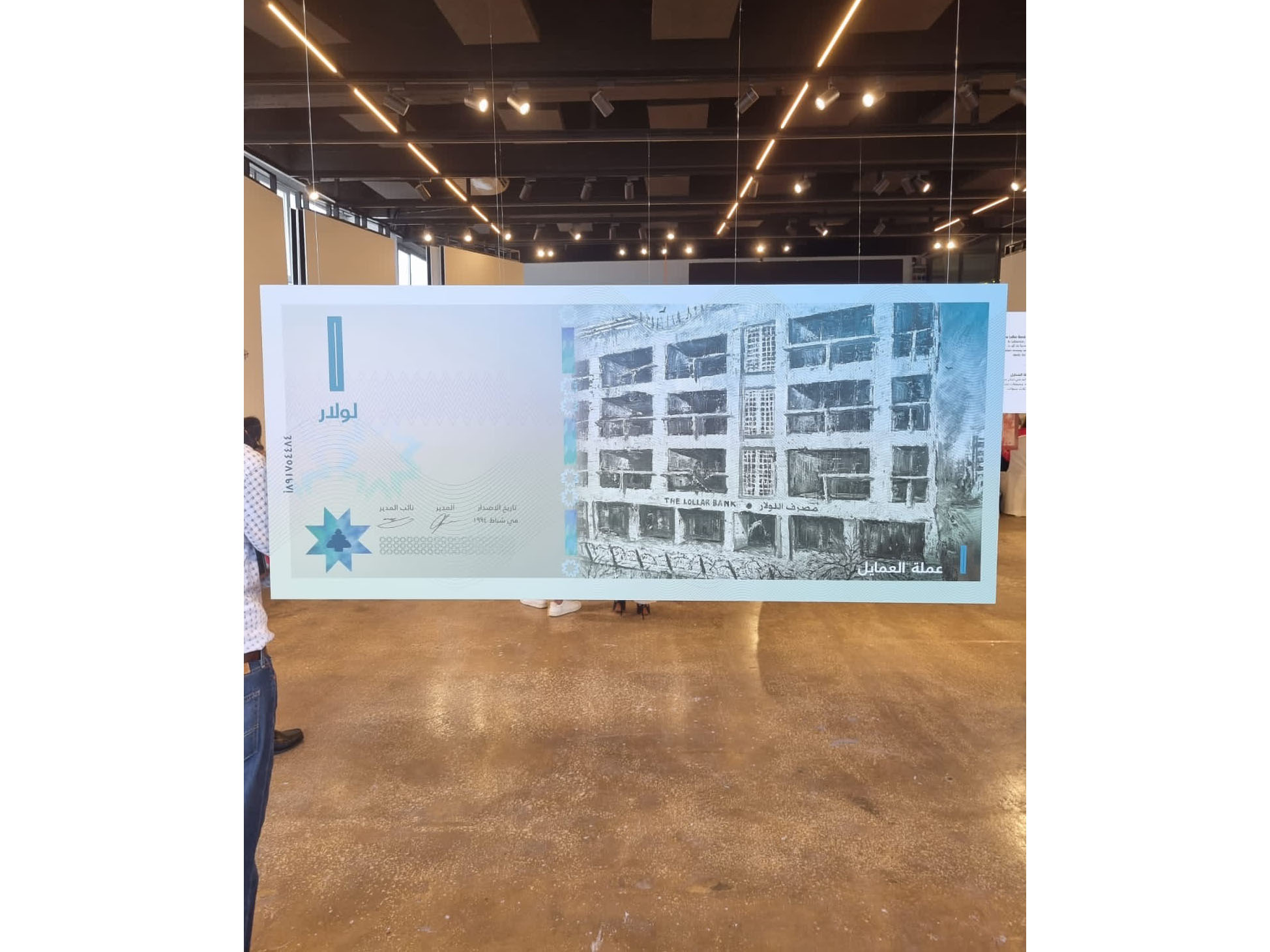
.jpg)


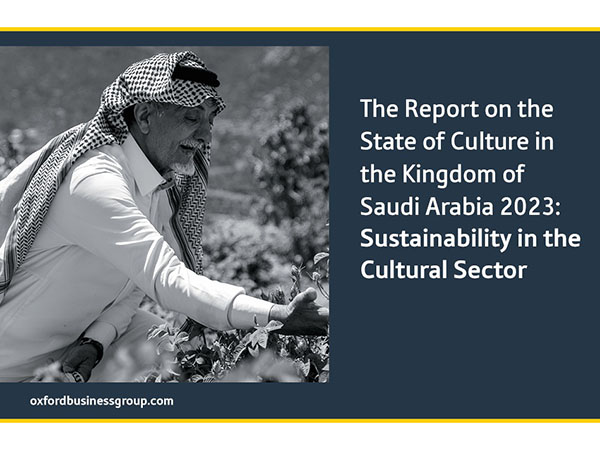

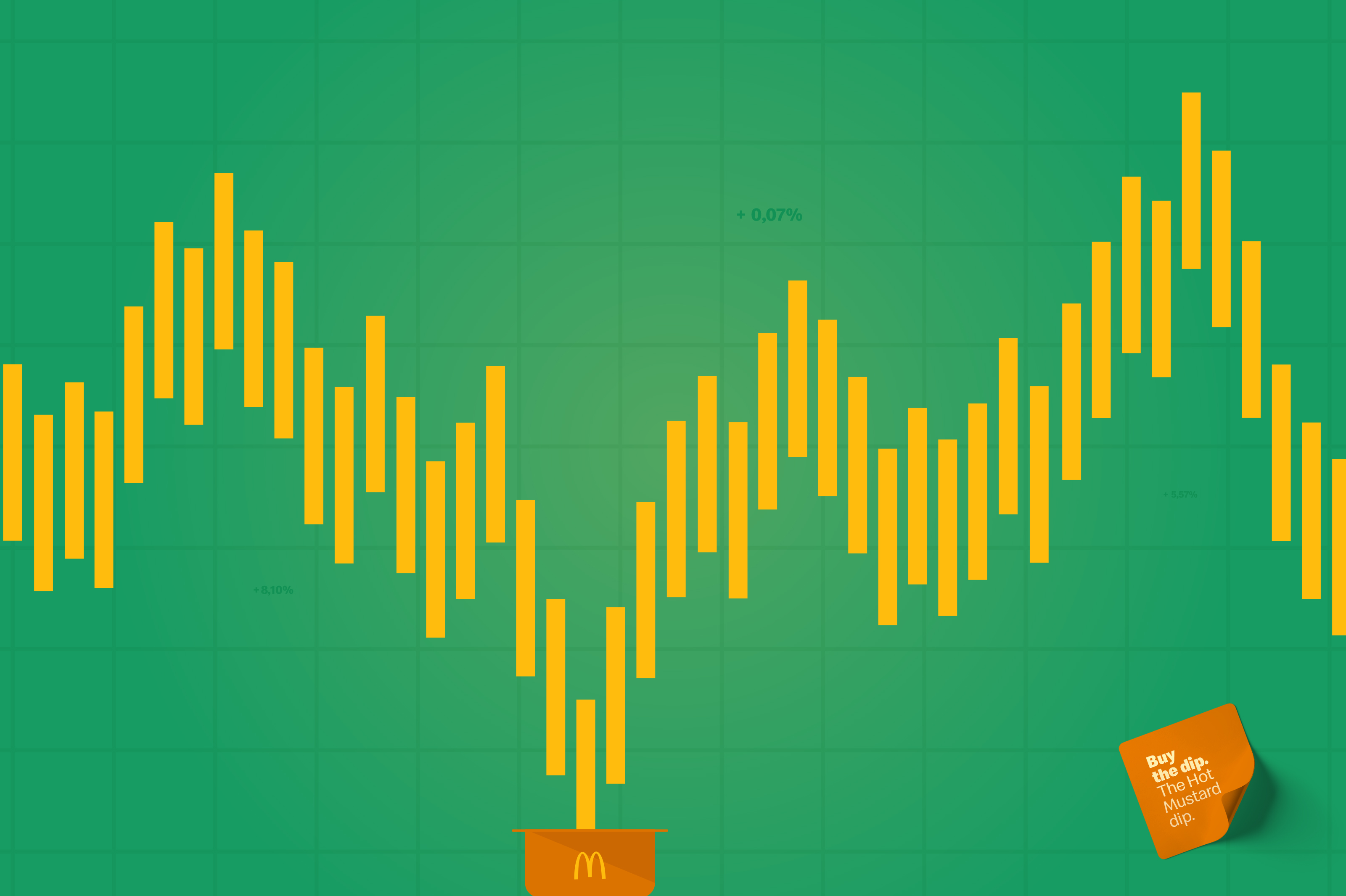
.jpg)




